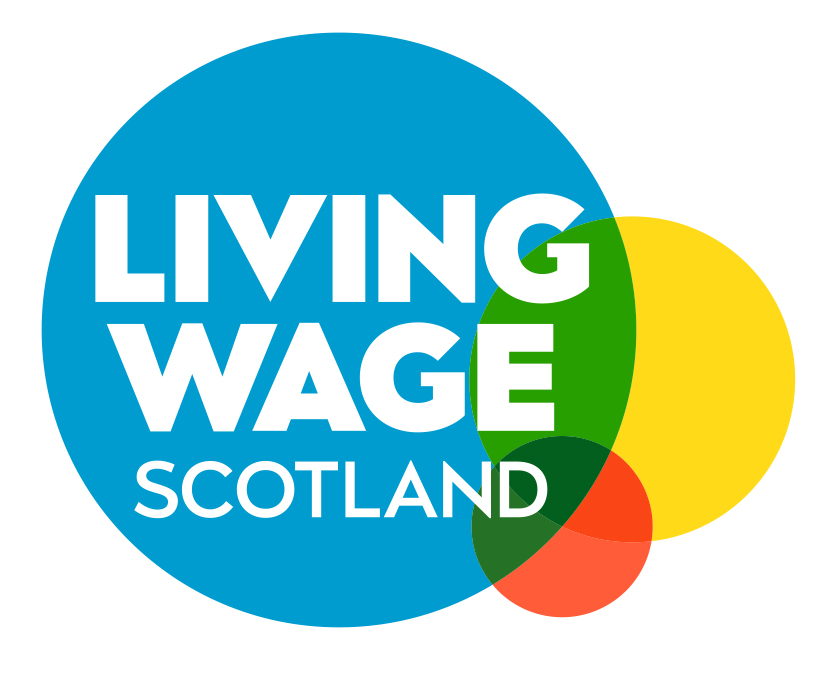Liam Stevenson is co-founders of Time for Inclusive Education – Scotland’s award-winning LGBT Inclusive Education charity.
Tell us about your organisation and your role.
I’m a Co-Founder and Director of Time for Inclusive Education (TIE) we are Scotland’s LGBT Inclusive Education charity, and alongside my fellow Director Jordan we were the people who led the campaign that made Scotland the first country in the world to embed LGBT Inclusive Education across the curriculum. We work with schools, teachers, and pupils delivering training for teachers and workshops and assemblies for pupils. We also develop teaching resources and lesson plans that help teachers effectively deliver LGBT inclusive lessons that are aimed at taking an educational approach to challenging the prejudice and discrimination that many LGBT young people, and those who are perceived to be LGBT by others, often face at school.
Why is paying the real Living Wage important for your organisation?
Paying the real Living Wage is a reflection of who we are as people, and as an organisation. When we set TIE up as a full time operation and as an employer a decision was made that we would make sure that there was no huge gap in earnings between the highest salaries and the lowest salaries as we believe that the salary distribution should be shared fairly amongst everyone working with us. There is also a wellbeing aspect to ensuring that your team receive the real Living Wage at least as the pressure of struggling to make ends meet can lead to members of your team underperforming due to stress and worry.
What do you think are the barriers that must be overcome to see more workers paid the real Living Wage and tackle low pay?
There will be multiple barriers that would have to be overcome by different employers in different sectors, some organisations may face more than one barrier. As someone who is in the not-for-profit sector it is difficult for me to have a handle on the issues faced elsewhere, but certainly in my sector levels of funding could be a barrier for many charities.
What’s the best thing about your job?
The best thing about my job would have to be split in to two parts. The first being the feedback and the positive outcomes from our work. We know that LGBT Inclusive Education is having a positive impact on young people and our data shows that 97% of the pupils we worked with said that they would no longer use pejorative language like “that’s so gay” or derogatory slurs. While more than 4 out of 5 of the pupils we worked with said that they had a stronger understanding of prejudice than they did before. This of course is encouraging, but we know that there is still a lot of work to done. Secondly I work with a brilliant team of people who make the difficult days better.
What’s been getting you through the pandemic?
Spending as much time as was permitted walking.
What are you hoping for in the next year?
Like most people I’m hoping that we are able to get back to something like the normality that we had prior to the pandemic. I really missed the human interaction that cannot be replicated on a computer screen. I also hope that the flexibility that has been asked from workers in relation to home or hybrid working can be reciprocated, and lead to a better work life balance for as many people as possible.

